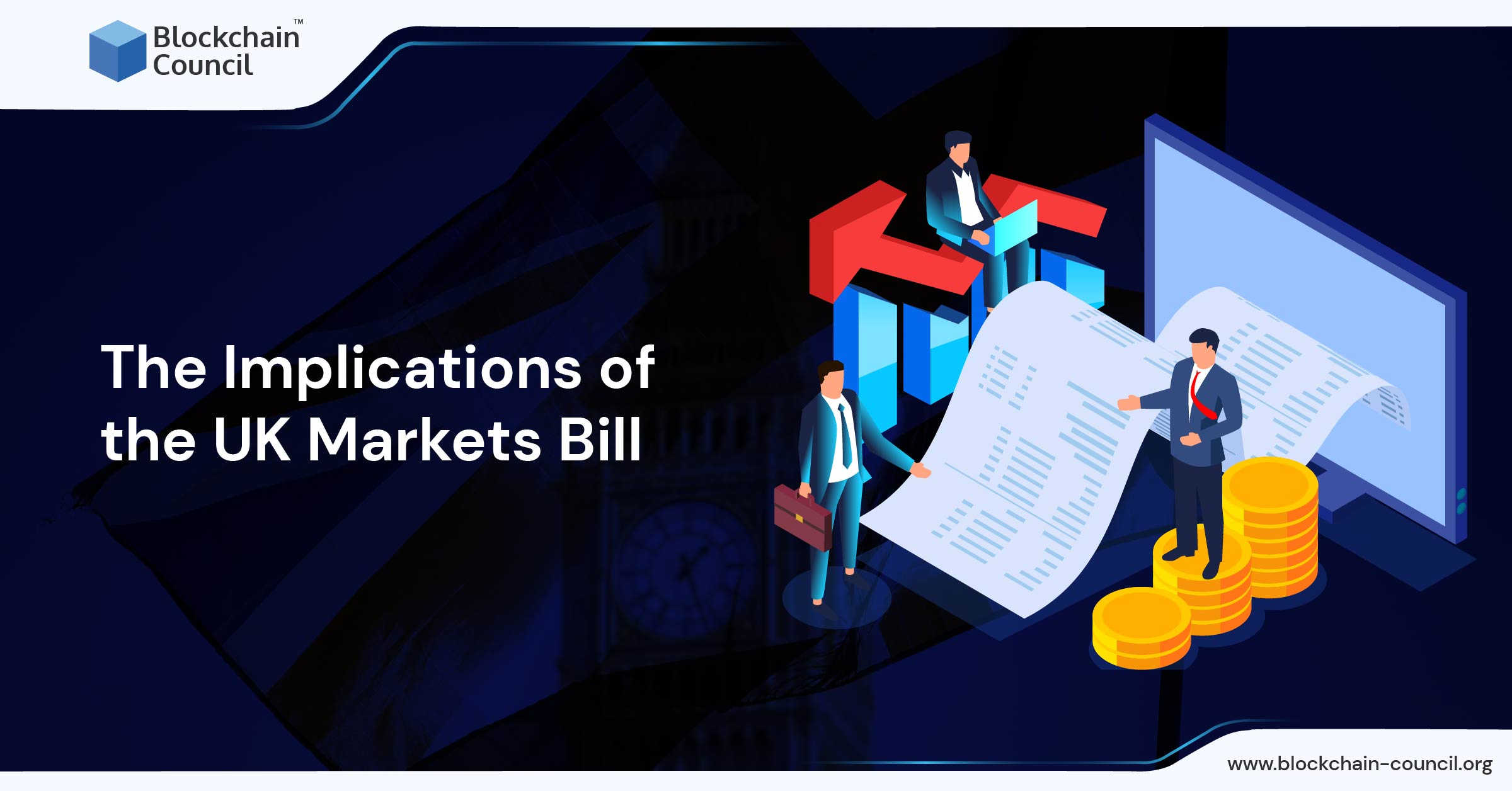
- Phlip Loius
- August 03, 2022

As the rate of crypto adoption rises, countries are having to put new regulations in place to ensure the safe and legal trading of digital assets. Currently, the United Kingdom aims to clamp down on regulations regarding cryptocurrency in the country.
As it stands at the moment, financial regulations in the UK do not pertain to digital assets and the growing rate of crypto adoption in the country brings with it many possible risks if no regulations are put in place to control the trading of digital assets.
The UK’s top financial regulator, the Financial Conduct Authority (FCA) intends to deepen its ties with cryptocurrency regulations in the country. The UK Treasury has unveiled its prospective digital asset legislation in preparation for the members of Parliament to debate the proposal. According to a copy of the proposed legislation that has been published online, the FCA proposes that the current regulations about banking and payment systems should be extended to include digital assets. This proposition forms part of a 335-page financial services and markets bill, which is essentially aimed at strengthening the UK financial systems post-Brexit.
The UK government had previously noted that cryptocurrency would play a part in the UK’s strategy to increase its economic competitiveness after its exit from the European Union. The Treasury announced a set of initiatives aimed at helping to convert the UK into a global cryptocurrency hub. The announcement also promised new regulations allowing people to confidently use stablecoins as a form of payment. The second quarter of 2022 saw the collapse of $18 billion terraUSD prompting the Bank of England to publish a consultation on its intention to regulate similar crypto assets. The Bank also proposed that it be given the authority to appoint administrators to oversee insolvency procedures for failed stablecoin issuers. The collapse of a number of major crypto companies, $2 trillion leaving the industry, and the resignation of crypto advocate and finance minister, Rishi Sunak and Treasury official, Jon Glen threatened to sake up these plans.
The new suggested regulations result from the above-mentioned events to ensure a more controlled, secure environment for crypto to grow in the UK. The bill calls for the existing legislation for banking and payment processing to also include and cover new cryptocurrencies and their related assets and transactions. In the new, proposed bill, cryptocurrencies are referred to as “digital settlement assets” (DSAs). This essentially means that cryptocurrencies are seen as “a digital representation of value or rights,” according to the managing director of Bitcode Prime. The definition of DSAs as laid out by The Treasury also includes digital assets that are used to make payments that aren’t “cryptographically secured,” meaning they aren’t protected by recognized cryptographic encryption techniques. This amendment will largely apply to stablecoins – cryptocurrencies that are designed to have a relatively stable price. Stablecoins are typically achieved by being pegged to another commodity or currency like the USD, or by having their supply regulated by an algorithm.
The DSA regulations that are organized under Schedule 6 in the new proposed bill suggest amendments to the UK Banking Act 200 that establishes the Bank of England’s oversight of payment systems. In addition to this, the bill also looks to extend a section of the current Financial Services (Banking Reform) Act 2013 to payment systems involving DSAs. The regulations intend to implement amendments to the banking act via “DSA service providers.” These will include digital asset issuers, exchange platforms, wallet providers as well as any person that “sets rules, standards, or conditions of access or participation in relation to the payment system.” In accordance with the new proposed bill, the Treasury would retain the power to make and adopt the proposed regulations. It also states that the Treasury is required to consult the FCA, the Bank of England, and other relevant payments regulatory bodies before making regulations set out in Schedule 6. The Treasury would be able to target a DSA service provider for regulatory action within the UK using what would be called a “recognition order” if said service provider’s services are likely to threaten financial stability for entities within the UK.
The decision to go ahead with the new proposed bill now lies in Parliament’s hands, and decisions will be made based on their assessment of the documents. With crypto adoption growing in many countries, their financial institutions are having to suggest new regulations that protect the country and its people against the possible risks involved in trading with digital assets.





































































 Guides
Guides News
News Blockchain
Blockchain Cryptocurrency
& Digital Assets
Cryptocurrency
& Digital Assets Web3
Web3 Metaverse & NFTs
Metaverse & NFTs
